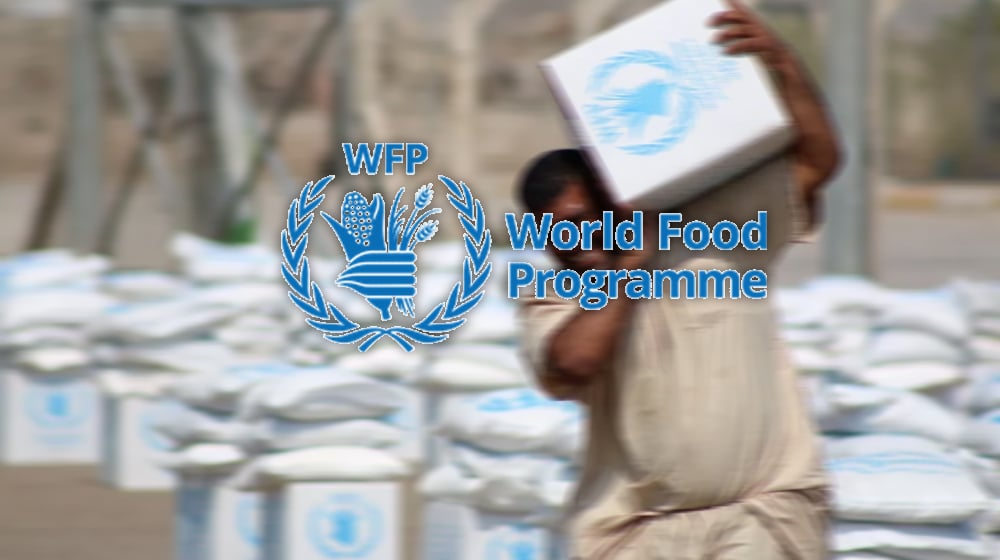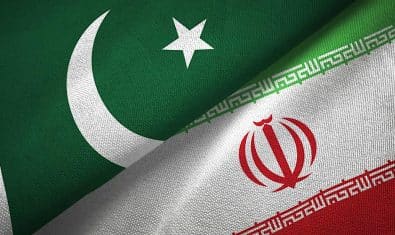The United Nation’s World Food Programme (WFP) in Pakistan launched its new Country Strategic Plan (CSP) 2023-2027, which marks the WFP’s progressive shift from its traditional role as a provider of food assistance to a provider of support for inclusive and equitable national policy and capacity development.
Chris Kaye, Country Director of WFP Pakistan, presented the new CSP at the Executive Board Meeting in Rome, Italy, and said, “Building on the broad consultations with stakeholders and benefitting from the evaluation of the current CSP, WFP formulated the new CSP by putting the partnership with the government at the center of its interventions.”
He added, “The work of WFP in Pakistan over the next five years will encompass livelihoods, social protection, food systems, and humanitarian response.” The strategic plan comes at a critical time when the country is reeling from the devastating impacts of the floods, disrupting the lives and livelihoods of millions. Kaye further said that the current needs and response to the flood emergency in Pakistan underpin the need for investment in strengthening the country’s resilience to climate change, supporting access to nutritious food, and reinforcing food systems.
The four strategic outcomes of the CSP underscore WFP’s increasing focus on enabling and supporting national and provincial institutions to address the country’s food security and nutrition needs. Also, the outcomes will promote equal access to resources, prepare for and respond to emergencies, and build resilience to confront the challenges posed by climate change and other shocks.
The Federal Minister of Poverty Alleviation and Social Safety of Pakistan, Shazia Atta Marri, recognized the longstanding partnership of WFP with the Government of Pakistan in her remarks at the Executive Board meeting and said, “WFP’s CSP provides a vision which is aligned with the priorities of the Government, both at the federal and provincial levels.”
She highlighted the mutual trust and accountability between the two partners, with specific reference to the implementation of the large-scale stunting prevention programme, the “Benazir Nashonuma Programme.” The programme is one of the most innovative and comprehensive efforts of any Government to tackle stunting in South-East Asia.
“We recognize the competence and professionalism of WFP to help implement a technical programme that will have a lasting impact not only on the future of women and children but also on the communities and the country as a whole,” Minister Marri added.
The new CSP was approved by WFP’s Executive Board in Rome and will come into effect on January 1, 2023.


























